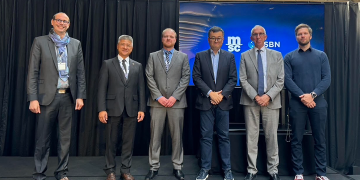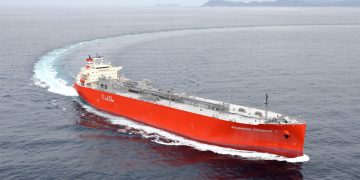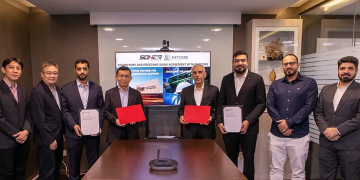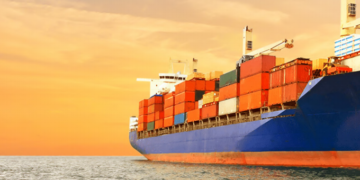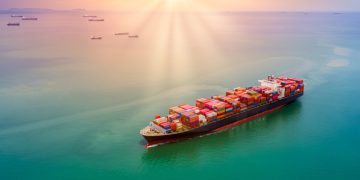Canada introduces regulations to require voyage data recorders on large Canadian vessels
Voyage Data Recorder Regulations for marine safety The Honourable DenisLebel, Minister of Transport, Infrastructure and Communities, today announced that under new regulations, certain large passenger and cargo vessels will be required to have voyage data recorders. Similar to an airplane's black box, the equipment captures critical information to help investigations into accidents at sea."The safety of vessels is a priority for our government and we are committed to making continuous enhancements in marine safety," said MinisterLebel. "Should an accident occur, information from a vessel's voyage data recorder can be used to help investigators learn more quickly and more thoroughly the cause and what can be done to help prevent a reoccurrence."The Voyage Data Recorder Regulations will require, as of January1,2012, that new passenger vessels of 500gross tonnage or more and new cargo vessels of 3,000gross tonnage or more not engaged on an international voyage be fitted with voyage data recorders. Owners of existing passenger vessels have until July1,2015, to install the equipment, depending on their inspection schedule. The new safety measure addresses a Transportation Safety Board recommendation highlighted in its Watchlist earlier this year.The regulations also implement the voyage data recorder requirements under the International Convention for the Safety of ...
Read more






